The legend of world sports, the coach, who headed the USSR national archery team for more than 20 years and practically never knew defeats, - Arsen Shugaibovich Balov in Karachay-Cherkessia, where he comes from, is not so widely known. All his life he did not live in his historical homeland, but he never forgot that he was an Abazin, he communicated closely with the Abazin Diaspora in Moscow.
Georgy Chekalov
I was lucky to get acquainted with Arsen Balov thanks to Yuri Isufovich Agirbov, the «toastmaster of the capital's Abazins». The conversation with the great coach, held in 1996, formed the basis of this material.
Officer, officer's son
Arsen Balov was born on October 12, 1933 at the Dzhemancha outpost in Kazakhstan, where his father Shugaib, an officer of the Red Army, was serving. After completing the service in 1940, Shugaib Balov returned with his family to his native Inzhych-Chukun in Karachay-Cherkessia. But soon the war began, and in the very first days he went to the front. He fought in intelligence, was awarded the Red Banner Order and died in 1942 in battle near the station Lozovaya.
Master of all sports
In 1943, Arsen Balov, as the son of the officer who died at the front, was taken to the Stavropol Suvorov Military School, where he studied for 10 years. (Suvorov Military Schools - a network of educational institutions created during the war for the sons of fallen officers - ed.). In the school he discovered a sport that became his entire life’s work.
The following words about the graduate of the Stavropol Suvorov Military School, Arsen Balov can be found on the website of the Museum of the History of Russian Military School: «Perhaps, over the 19 years of our SVMS's existence, there was no more talented athlete than Arsen Balov to graduate this school. He practiced almost all sports that were cultivated in the school: from gymnastics and track and field athletics to fencing and boxing. And he showed very good results in all kinds.»
Recalling that time, Arsen Shugaibovich was happy to tell how he competed with his fellow countryman Kornei Tatarshao (famous Abazin scientist, candidate of economic sciences - ed.): «I have won the athletics games in the Suvorov school. In the Stavropol Territory, I was a longstanding winner from the 8th grade, jumping higher than Tatarshao and all the others. Korney performed for the village teams and I represented the town ones. We always stayed together, and he could not jump better than me, poor fellow. He was so ambitious and a good athlete.»
However, for some time the future coach of the champions still hesitated in choosing the way forward. The son of an officer, he decides to continue the family dynasty and after graduating from the Suvorov school enters the Leningrad Combined Arms School. But the love for sports had its effect - Arsen Balov graduated from the Leningrad Institute of Physical Education, and for many years worked first as a teacher, and then as head of the physical training department at the Lenin Military-Political Academy, having risen to the rank of colonel.
«You, bring me that garlic!»
Balov found himself in archery, which brought him fame by chance. Once his academy colleague Anatoly Bogdanov (twice bullet shooting in rifle exercises Olympic champion,
multiple world, Europe and USSR champion - ed.) asked him to train his wife Antonina for the competition, who was doing archery.
«I had a lot of work,» - Arsen Balov told about this episode of life for him. - And I say to Bogdanov: «I only eat onions, I do not know what a bow is, leave me alone, for God's sake.» (Wordplay: in Russian, the word «onion» denotes both a well-known vegetable and a shooting tool - ed.). Bogdanov went to the chief. The famous sportsman, the Chevalier of the Order of Lenin ... The boss calls me after that and says: «I'm asking you.» - You understand what it means in the army «To ask». What could I do? I agreed. A dolly came in. I asked her: «Where did you come?» - «For training.» - «How did you come?» - showing her a trained group of women, among whom were the shot putters, discus throwers. «You see how hard they train?» Then I calmed down and said: «You bring me that garlic - I do not know how to hold it and what muscles you have to train.» «She brought it and showed to me. And I liked it myself.»
Unexpectedly for himself, Balov, having got acquainted with a new sporting apparatus, was convinced that archery was an athletic sport.
«She always holds 17 kilos in the limit stretch. It is necessary to take aim, to stand in static, to clarify the scope, and then release. If you multiply these kilograms by seconds ... This is an athletic sport,» - he explained.
Training gave the result: Antonina Bogdanova won the match of five cities with the best archers from Moscow, Lviv, Kiev, Shauliai and Borislav.
In 1967, Arsen Balov was invited to the coaching staff of the USSR national archery team. In 4 years he became the senior coach of the main archer team of the country.
Four generations of champions
«I’ve trained four generations of archers. They are all dear to me. Both men and women - when I became the head coach, I trained both. But mostly, of course, the women's team is closer to me, because I started with them, I grew up with them, we raised the Soviet archery school, which is recognized all over the world, and we won the foremost positions with women first,»- said Arsen Balov.
In each generation there were outstanding athletes. Arsen Shugaibovich highlighted some of them: «If we talk about women - the most outstanding, the most talented, the most beloved, if I may say so, was Natalia Butuzova, who owned all world records. She was a top class athlete. Well, of course, Ketevan Losaberidze, Olympic champion in 1980 in Moscow (Butuzova was a little sick and lost to her, became a silver medalist). An athlete from Kutaisi was outstanding, too, very strong by nature, strong-willed and very decent. Her human qualities were magnificent, she was called the conscience of the team - she was always reasonable. Lyudmila Arzhannikova (bronze medalist of the Olympic Games in Barcelona in 1992 - ed.) was a very good athlete. These are all my personal apprentices.»
Arsen Balov, even heading the national team, did not always get prepared athletes. But he was able to discern the makings of masters from the young, and his authority allowed inviting to the team those whom he considered necessary.
«I took Butuzova «from the cradle». It was not possible to take her to the national team for another three years. I saw Zebiniso Rustamova in junior competitions - she took the fourth place there. She shot brilliantly in technique. The main thing in our job is a repeated repetition of movements identical on time, on tempo and on structure. She did them. Little, thin – she probably ate badly - she was a student. I took her to the team. We gave her a scholarship. And there was a very big dispute in 1975: to take her to the World Cup in Switzerland or not. Again, I insisted that she should be taken as number four. And she won this world championship. The following year, she took bronze at the Olympics in Montreal. For seven years she was in the national team. She is one of the outstanding athletes, the first Tajik woman to become the world champion. Then she became the Minister of Sports in Tajikistan», - said Balov.
Zebiniso Rustamova herself in one of the interviews recalled her inclusion in the team of the Soviet Union: «I was then taken to the team by the head coach of the USSR women's team Arsen Shugaibovich Balov. I was included in the national team as a young and promising athlete. I was twenty then, and the other representatives of the national team were older. But I felt very comfortable. I was taken care of as a minor, by the way, so I was called in the team often.»
A team that could not lose
Arsen Balov began to travel with the national team to the official international tournaments since 1968 and as head of the coaching staff - since 1971. He participated in 12 world championships and the same times in European championships and in five Olympics. And almost from every tournament he returned with a victory. A different result from his team was not expected.
«At that time, if we took the second place, we went to the committee (the Committee on Sports Affairs under the Council of Ministers of the USSR - ed.) with our eyes down,» recalled Arsen Shugaibovich. - That is, it seemed that Balov's team cannot lose. This impression was formed not for anything, but over a long period of time when we did not see equals in the world.»
Balov said that the victories at that time were treated as due; therefore it is difficult to say which victory was brighter - in Italy, England or elsewhere.
«I won about 10 world championships. All European championships, from 1971 until 1992, while I was the head coach, we won. And both men and women occupied all the prize places - that is, all the pedestals in Europe were ours. There were also the European Championships in an enclosed space - there they shoot a different distance, this is the type of professional shooting - so we did not lose a single Europe,» said the great trainer.
In support of the above - a lot of medals from the world and European championships, the Olympic Games, along with various cups and quivers with arrows, decorated Balov's apartment.
Stumbling in the same spot twice…
But there were defeats too and they were remembered.
«Emma Gapchenko, a Muscovite, a good sportswoman, won the individual competition in York and we lost the team total to Poland. We lost just 3 points! - Even after 25 years, Arsen Balov lamented, remembering this. - Before departure, we undergo medical examination, in-depth medical examination. And we missed - we took one Estonian woman who was pregnant. She had masculine complexion - nothing was noticeable. And when they arrived toxicosis manifested itself. But we could not understand anything, we thought, she was poisoned. She made 200 points less than she gained on average. And we lost three points. This is what I remember for a lifetime. And I gave myself a vow: not to take pregnant women into the national team. Then there was not yet an «interesting» doctor in the medical examination (referring to a gynecologist - ed.). I introduced him after this incident. But still one more similar story took place. They say a horse stumbles once in one place, and I made the same mistake twice. I do not know, maybe I was worse than a horse?»
And one more defeat was imprinted in the memory of the coach. In 1977, the World Cup was held in the Australian capital of Canberra. It was necessary to go there at least a week before to pass the adaptation, acclimatization.
«They did not give us a week, because there was no money,» Arsen Shugaibovich told. - And we lost to the Americans, although they were much worse prepared than us. But they were in New Zealand - there is an American military base - and they practiced quietly for a month. And we arrived - there was still normal weather, the rain was coming, and when we began to compete - the heat raised to 50 degrees.»
Olympics: six minus two
During his work with the USSR national team, Arsen Balov prepared the team for the six Olympics. He won four of them - 1972 in Munich, 1976 in Montreal, 1980 in Moscow and 1988 in Seoul. But more often he recalled the boycott of the Soviet Union of the Olympics in Los Angeles in 1984 and the silver of Barcelona in 1992.
In 1984, the country's leadership decided not to send athletes to the Olympic Games in Los Angeles. This was a response to the boycott of the 1980 Moscow Olympics. The countries of the socialist camp held alternative games in Czechoslovakia.
«For an athlete, alternative games and real ones are like heaven and earth. It's even lower than the World Cup,» Arsen Shugaibovich recalled with sadness, «Although all the attributes have been preserved, everything that was due at the Olympics was applied to the winners of these games, including sports ranks and cash rewards.»
At the same time, coaches in all sports were given an order: to overcome the results of the winners of the Olympics in Los Angeles. Arsen Balov’s folks coped with this task easily.
«There was an order, and we did it,» the coach recalled with a smile. - But the fact is that we really were very much prepared. At that time I had a female team - 20 people, who had an average score of 2630 points (the maximum possible result in archery was 2880 points - ed.). And I was supposed to take only three persons. All over the world, there was only one woman - a South Korean woman who scored 2603. So were men. We would tear to pieces everyone at that Olympiad. And we were just content with alternative games. Of course, the athletes did not have any satisfaction. And do not believe that any of the athletes did not want to go to the Olympic Games. The leadership of the sport led by Pavlov (Pavlov Sergey Pavlovich, from 1968 to 1983 chairman of the Committee on Physical Culture and Sports under the Council of Ministers of the USSR - ed.) was also against our non-participation. But everything was decided in the Central Committee (Central Committee of the CPSU - ed.)."
There were also the 1992 Olympics in Barcelona.
«There was already a difficult psychological situation Barcelona,»" Arsen Shugaibovich explained the reasons for the unsuccessful performance, calling the silver of the Olympics a failure. - We performed as a united team for the last time. Because the CIS has already formed, the countries were independent, they have already joined the UN and each had its own Olympic Committee. But they decided to go to this Olympics as a united team. The head coach’s levers weakened. We never thought of performing for some other country before. And then Natalia Nasaridze - the world champion, me and the whole coaching team invested a lot in her, in a short period of time we made her a good master of international class - went to Turkey on the eve of the games. We asked her to stay and leave after the Olympics. But no, she left leaving the team denuded.»
Only for our own country
Arsen Balov himself was also invited to many countries.
«In August 1991, when the State Committee for Emergency Situations (created during the attempt of a coup in the Soviet Union - ed.) was established, the World Cup was held in Poland. It was a very difficult championship, - recalled Arsen Shugaibovich. - Then many countries accepted Soviet citizens as refugees. In Warsaw, at that time, a committee was established that accepted applications and sent them out to any country. I was with my wife in Poland; we were offered a choice of America, Italy, France and the Emirates. I still had a group of coaches. I gathered them together and said: «Guys, no!» And we all arrived amicably in the Soviet Union.»
Arsen Balov signed his only foreign contract in 1992 in Barcelona during the Olympics, when it was already clear that the USSR national team will cease to exist. He agreed to work in Kuwait. But he was not destined to go there either - the illness prevented him.
In 1996, summing up his long glorious path in this sport, Arsen Shugaibovich did not hide his satisfaction: «I survived Tarasov, Chernyshov and Gomelsky (famous Soviet hockey and basketball coaches - ed.) as well as many others famous coaches. All the dethroned remained, but I left only when the all-Union structures ceased to exist. I stayed in the archery for 33 years. After some break I was involved in again: I train the Moscow team, I am the first vice-president of the federation. Now I will run for president of the federation. If I win - we will have the Abazin president.»
Arsen Balov failed to become president of the Archery Federation of Russia. In the same year, 1996, he died. He was buried in Moscow at Vostryakovskoe cemetery.
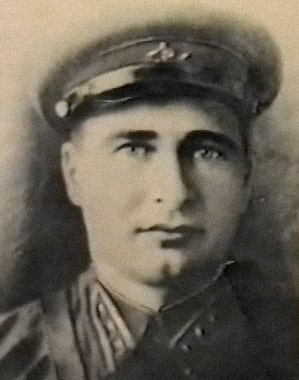
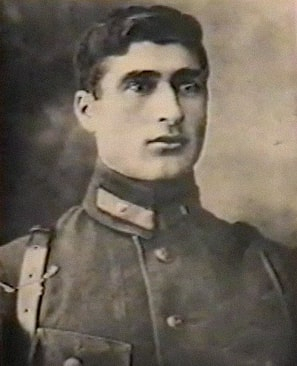
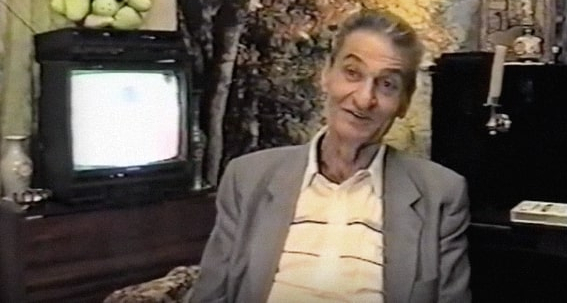
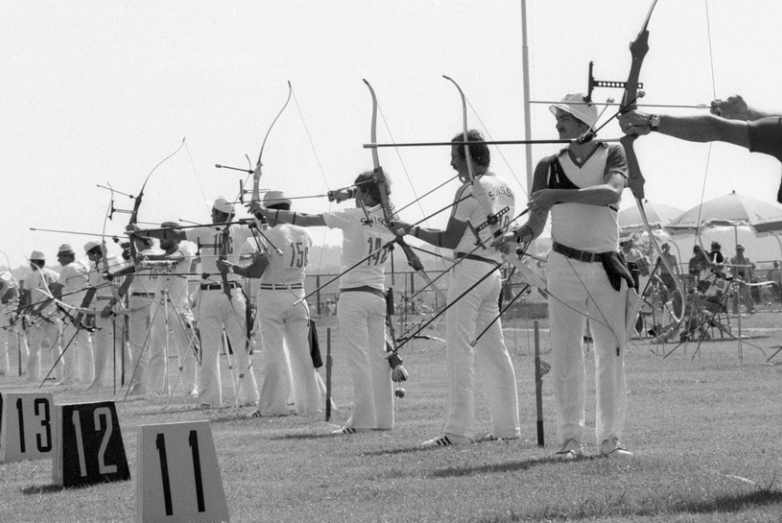
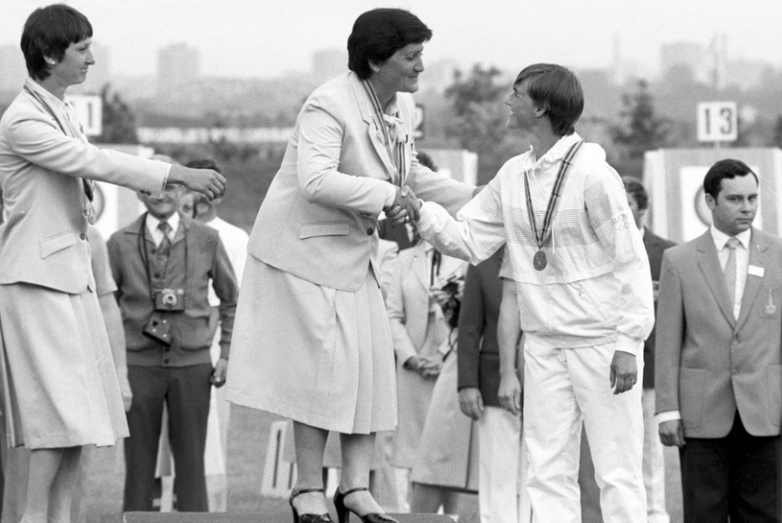
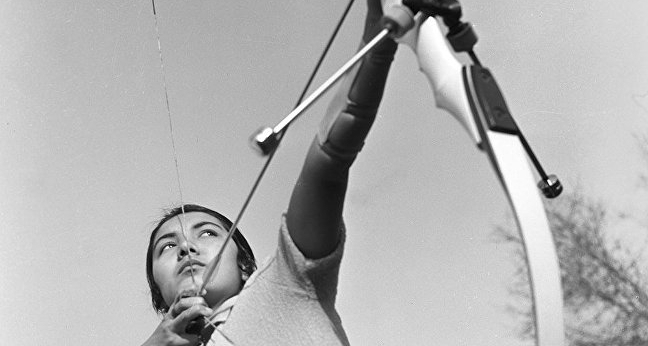
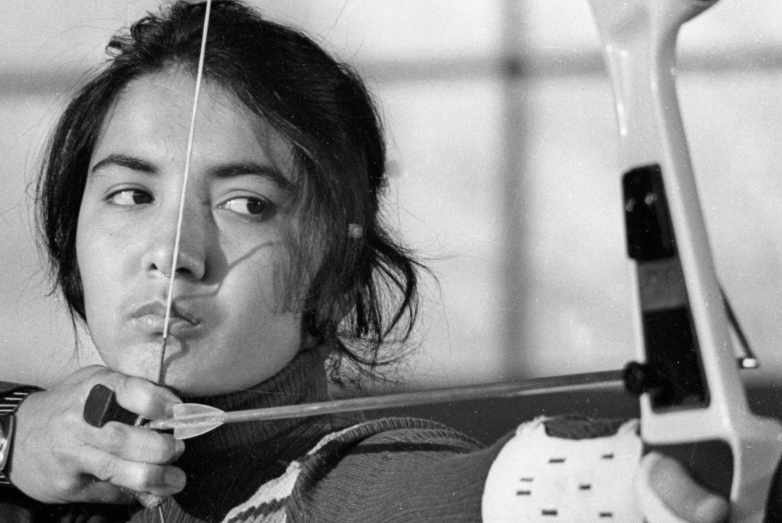
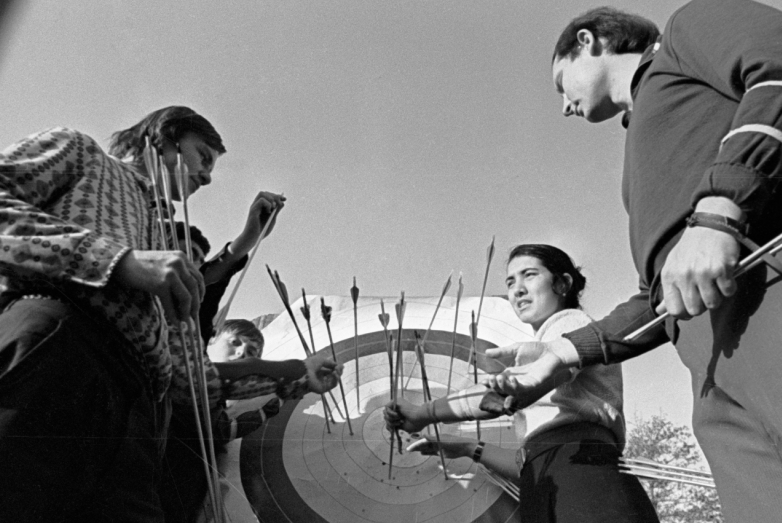
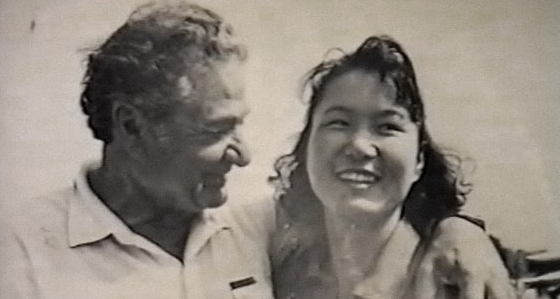
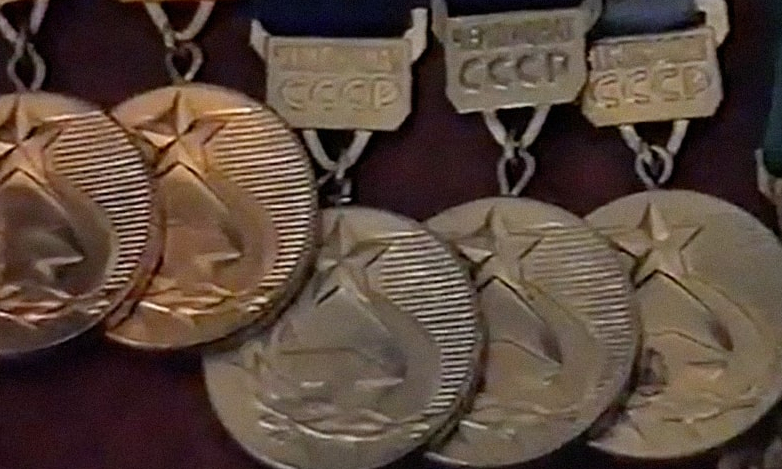
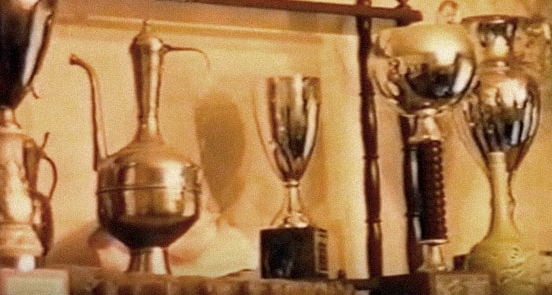
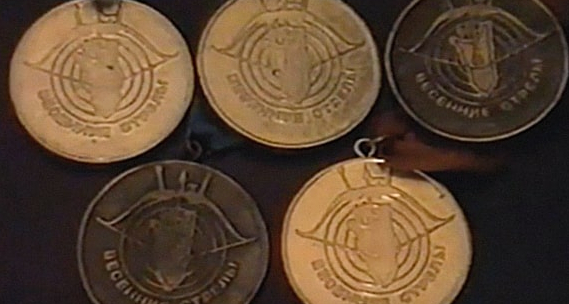
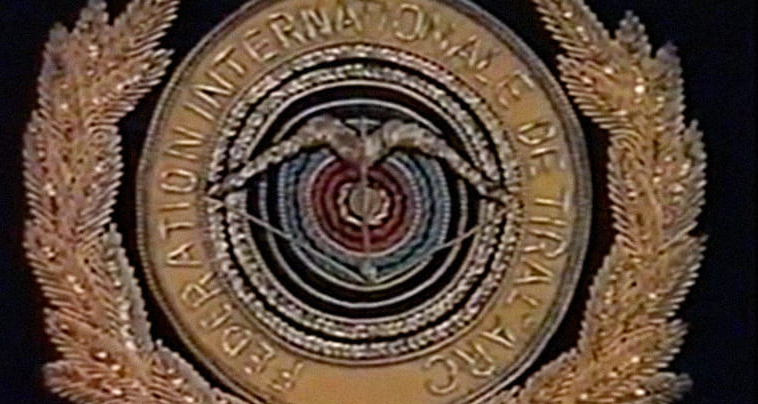
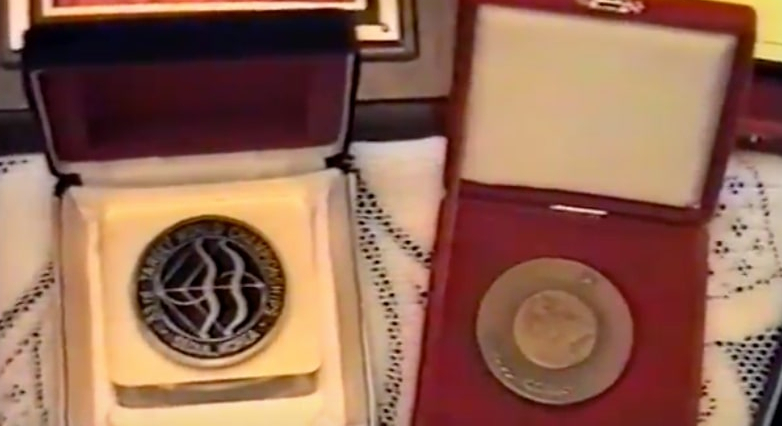
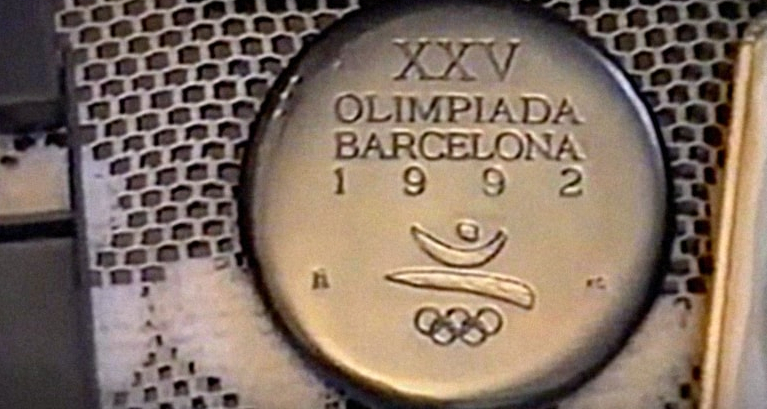
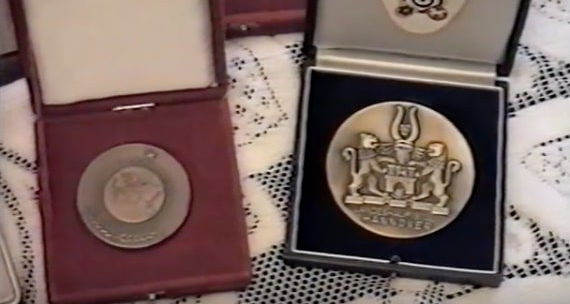
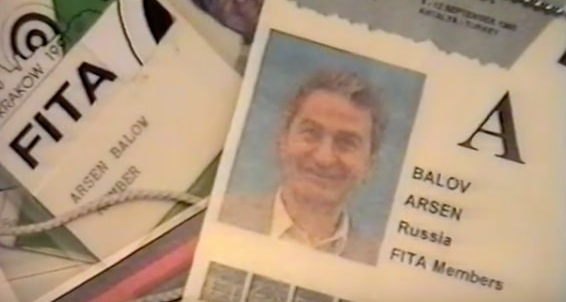


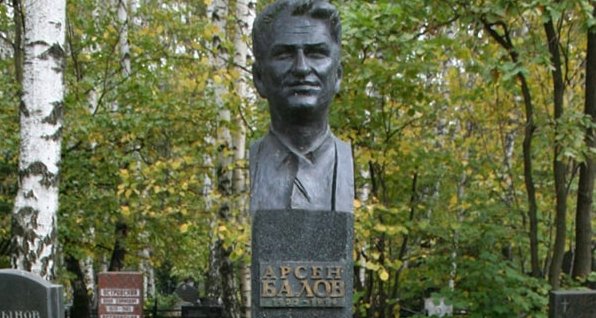
to login or register.